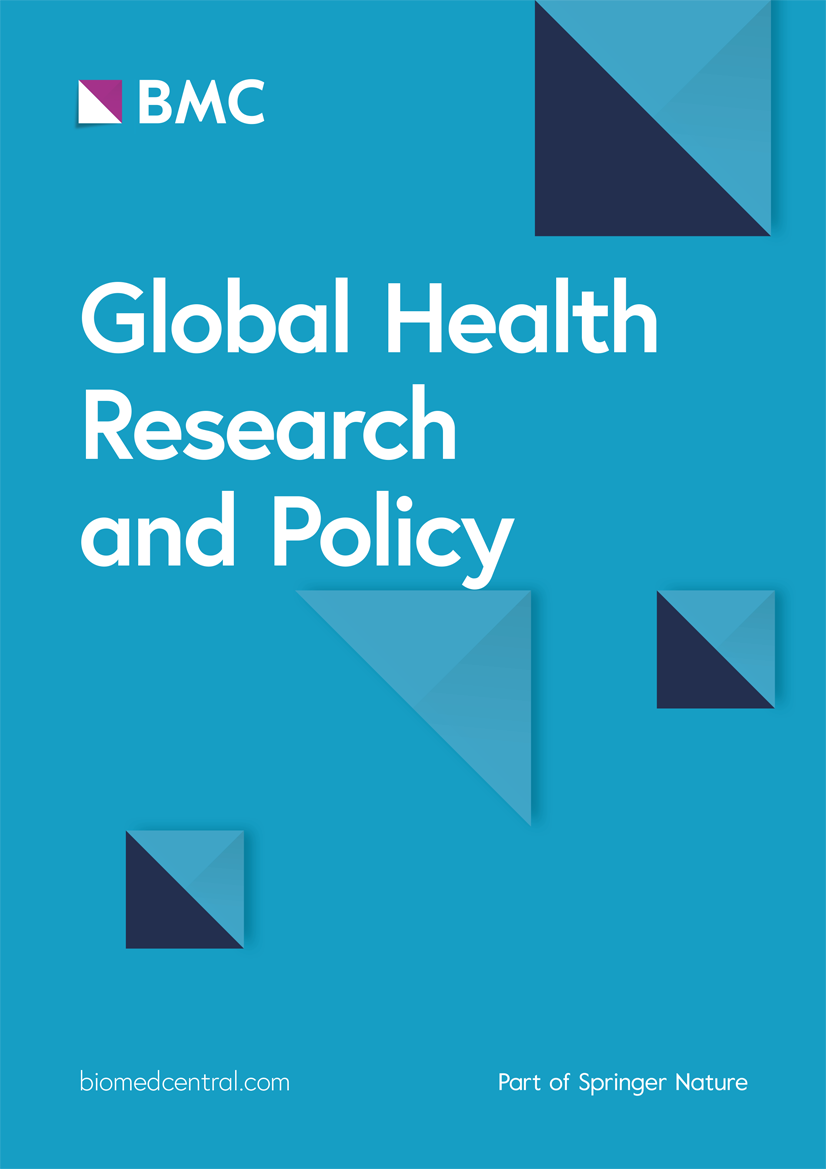Over-reliance on modelled estimates
The reliance on extrapolated estimates from the B3 model rather than empirically supported, smoothed data is due to the limited availability of recent data at the period’s endpoints. Only 5% of the under-five…

The reliance on extrapolated estimates from the B3 model rather than empirically supported, smoothed data is due to the limited availability of recent data at the period’s endpoints. Only 5% of the under-five…